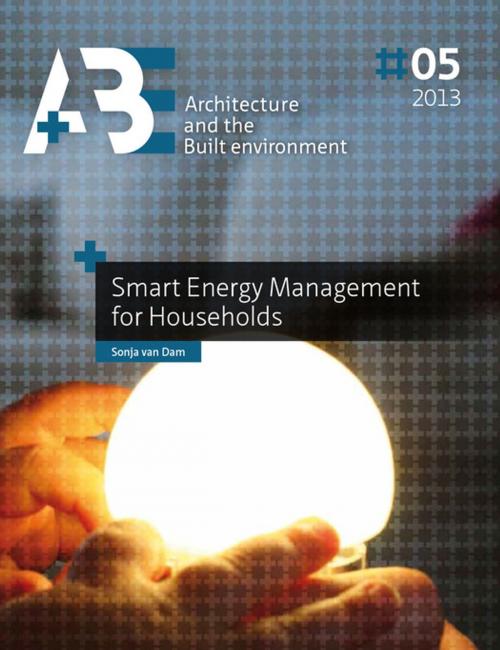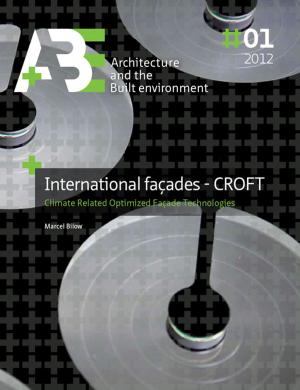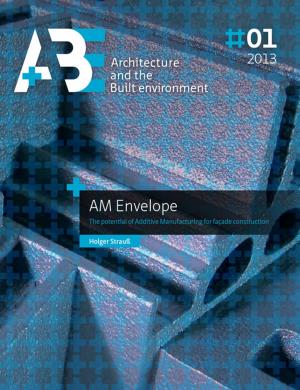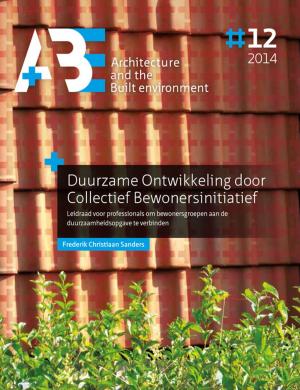| Author: | Sonja Van Dam | ISBN: | 9789461861795 |
| Publisher: | TU Delft | Publication: | June 28, 2013 |
| Imprint: | TU Delft | Language: | English |
| Author: | Sonja Van Dam |
| ISBN: | 9789461861795 |
| Publisher: | TU Delft |
| Publication: | June 28, 2013 |
| Imprint: | TU Delft |
| Language: | English |
Smart Energy Management for Households infers design-related insights and guidelines to improve the use and effectiveness of home energy management systems (HEMS) through an empirical evaluation of the longitudinal effectiveness of these devices and an exploration of factors that influence their use and effectiveness.
Three case studies executed with three different HEMS in households, a life cycle assessment (LCA) on those three HEMS, as well as a reflection on the challenges of both researching and implementing HEMS in existing housing gave a comprehensive picture of the opportunities and barriers for HEMS.
The research revealed five typical use patterns that emerged amongst households. It also revealed average energy savings of 7.8%, which however decreased in the follow-up that was conducted, and factors that may influence the use and effectiveness of HEMS.
Nonetheless, the LCA cal culations divulged that the HEMS can achieve net energy savings when taking their embedded energy into account.
Smart Energy Management for Households infers design-related insights and guidelines to improve the use and effectiveness of home energy management systems (HEMS) through an empirical evaluation of the longitudinal effectiveness of these devices and an exploration of factors that influence their use and effectiveness.
Three case studies executed with three different HEMS in households, a life cycle assessment (LCA) on those three HEMS, as well as a reflection on the challenges of both researching and implementing HEMS in existing housing gave a comprehensive picture of the opportunities and barriers for HEMS.
The research revealed five typical use patterns that emerged amongst households. It also revealed average energy savings of 7.8%, which however decreased in the follow-up that was conducted, and factors that may influence the use and effectiveness of HEMS.
Nonetheless, the LCA cal culations divulged that the HEMS can achieve net energy savings when taking their embedded energy into account.















